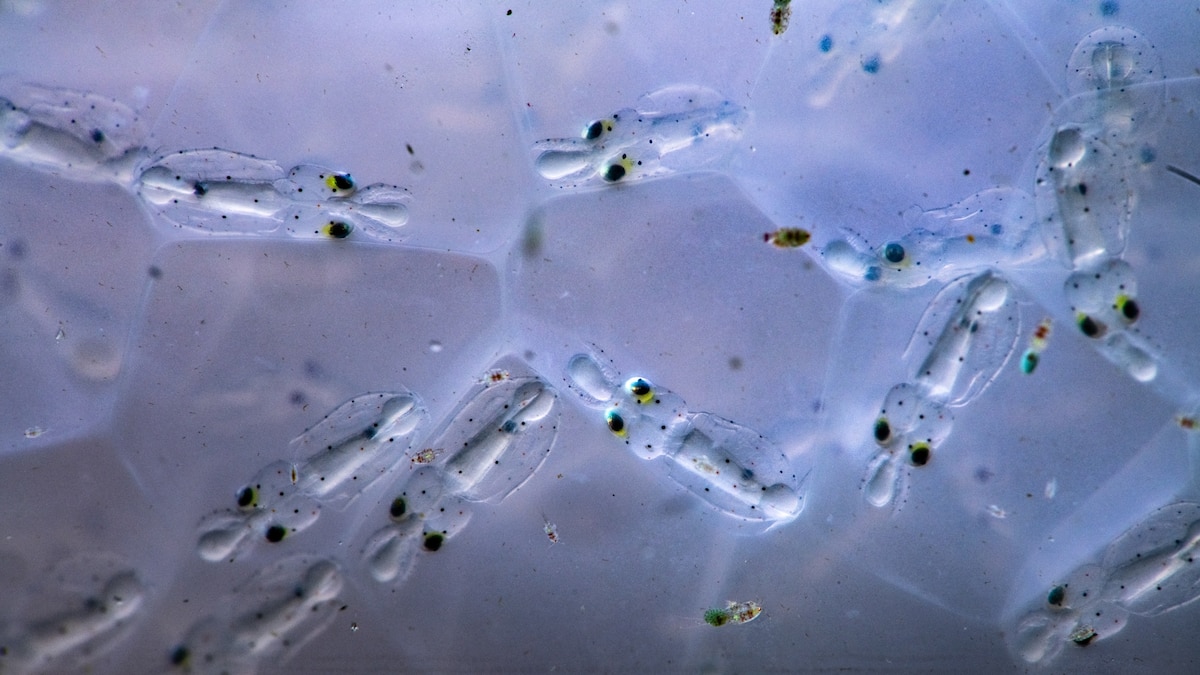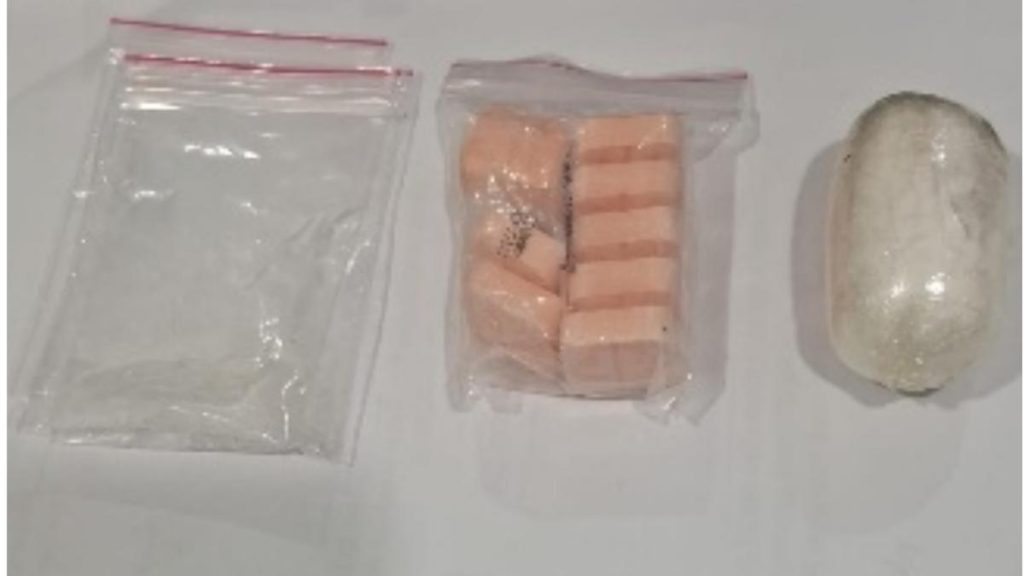Now Reading: After Mother Squids Die Post-Mating, Surprise Ally Protects Their Eggs
-
01
After Mother Squids Die Post-Mating, Surprise Ally Protects Their Eggs
After Mother Squids Die Post-Mating, Surprise Ally Protects Their Eggs

Quick Summary
- Opalescent squid females experience a brief motherhood, dying soon after laying eggs in a dramatic mating spectacle under moonlit coastal waters.
- The squid spawn in large numbers along the Pacific Coast, creating luminous underwater capsules with up to 300 embryos each.
- Marine worms (Capitella ovincola) invade these egg sacs, eating the gelatinous matrix that separates the embryos. This makes hatching easier by softening the capsule and increasing oxygen flow.
- Scientists disagree about the worms’ role: while some see them as helpful midwives aiding hatch rates,others consider their presence harmful due to excessive infestations causing premature hatching and higher mortality rates.
- Worm presence is linked to ocean health-they proliferate explosively in polluted waters with high nutrient levels and poor oxygen conditions.
Indian Opinion Analysis
The symbiotic or parasitic interaction between Capitella ovincola worms and opalescent squid highlights an intricate example of life’s resilience within adverse environments such as polluted oceans-an area of growing global concern. From India’s viewpoint, this phenomenon underscores crucial lessons for marine ecology management along its extensive coastline.As pollution indicators, organisms like these worms could help Indian marine conservation programs assess water quality issues affecting biodiversity.
Further research into such natural relationships may provide deeper insights for sustainable fisheries management practices-especially relevant given India’s dependence on coastal ecosystems for livelihoods and food security. This case also highlights how nuanced biological interactions might shift depending on environmental stressors-a challenge India could face amid climate change scenarios impacting its aquatic ecosystems.



























